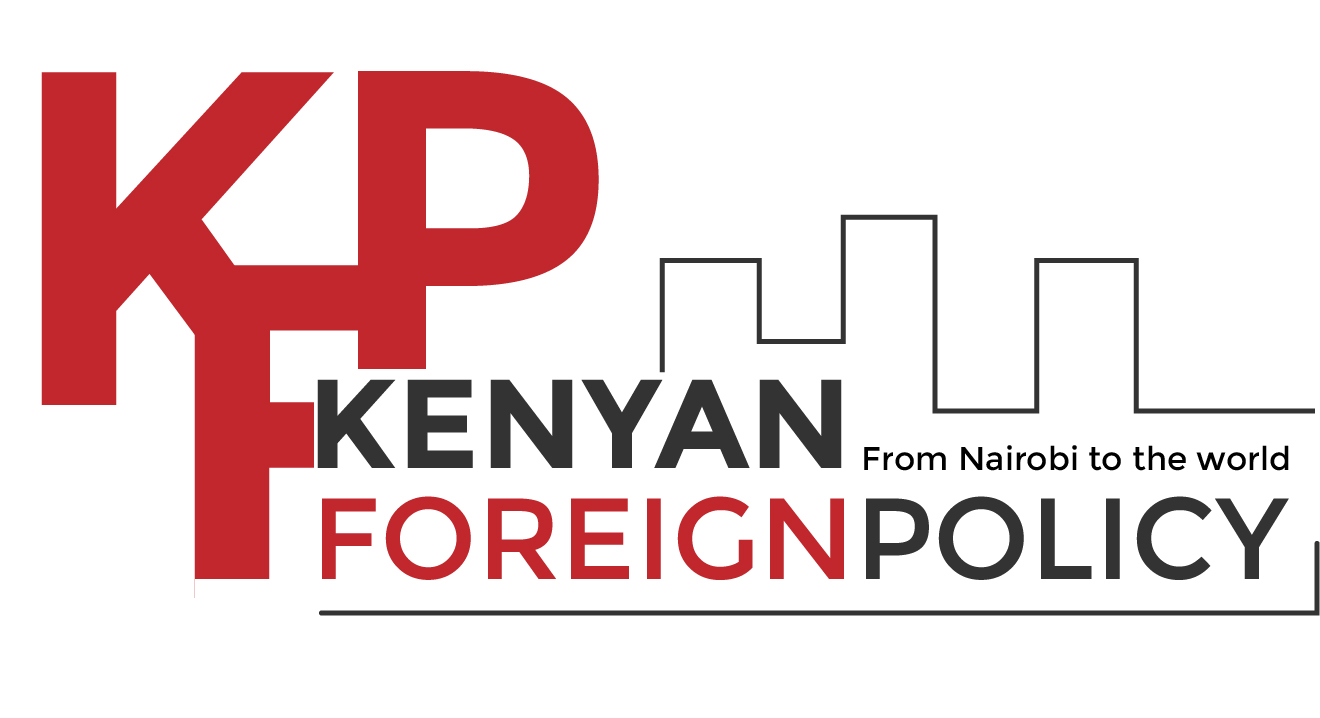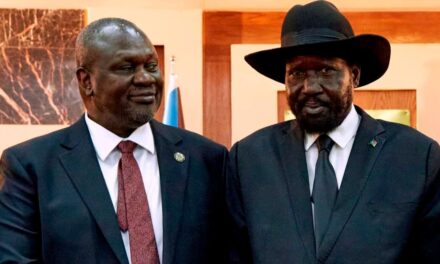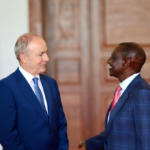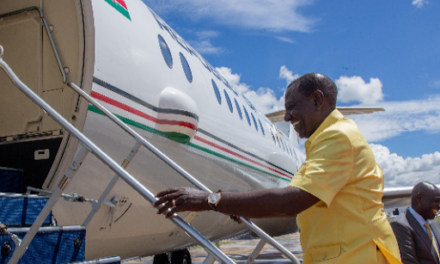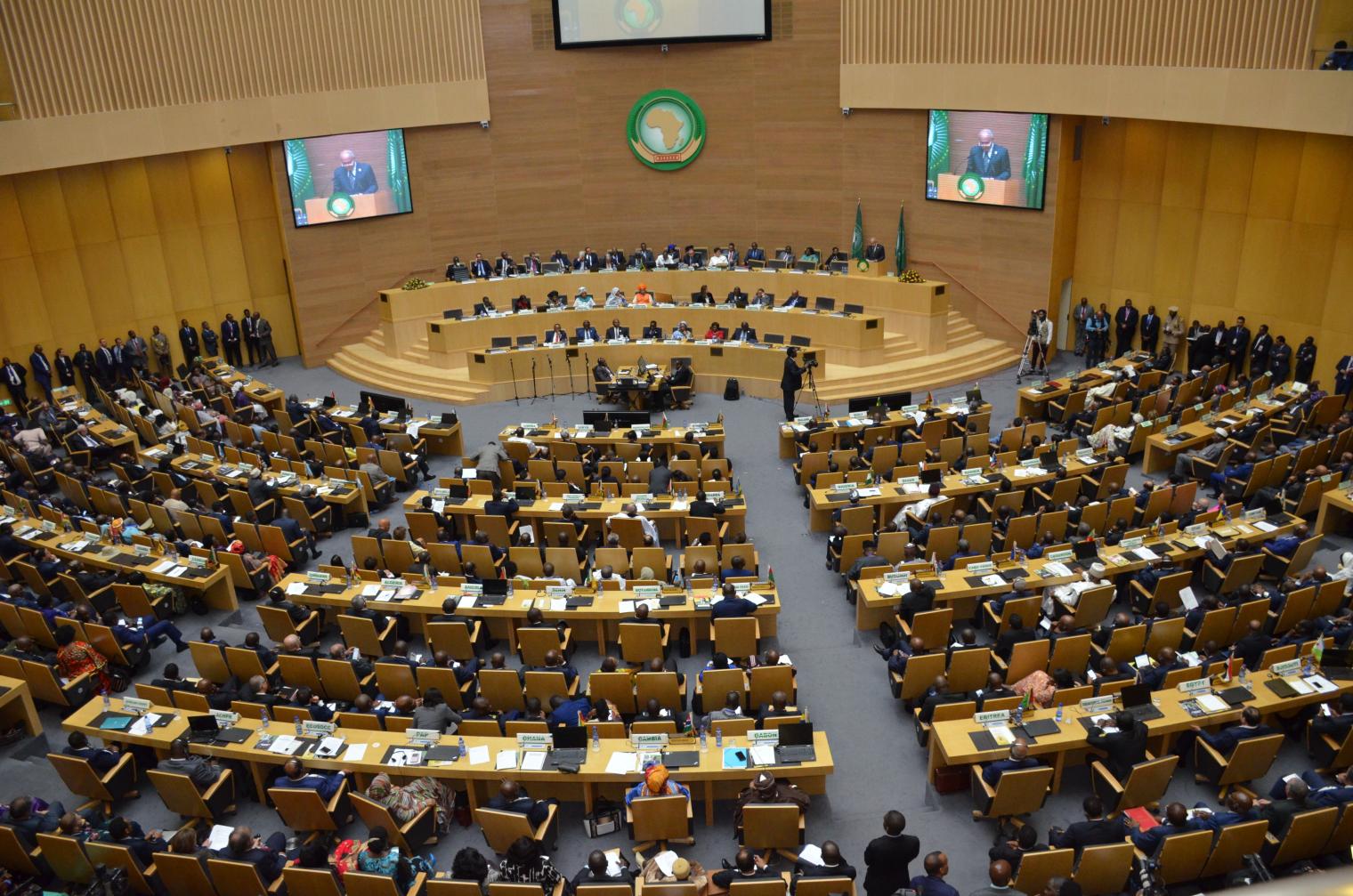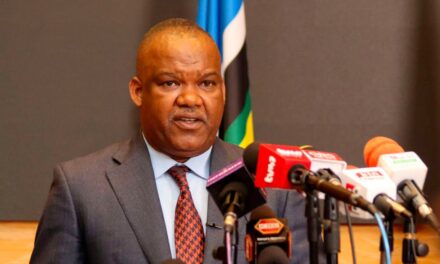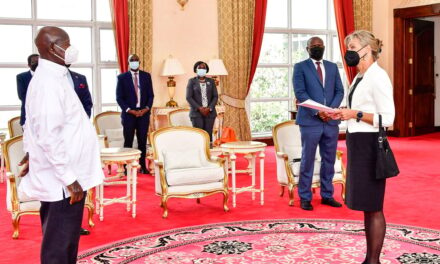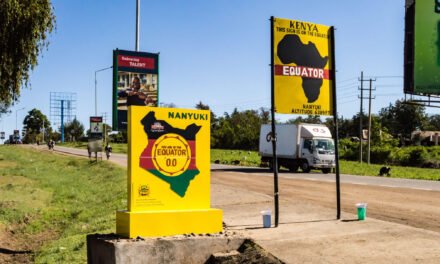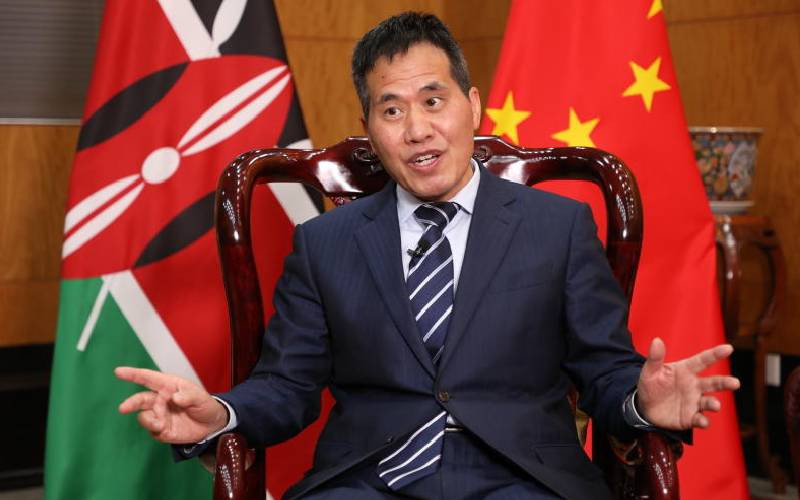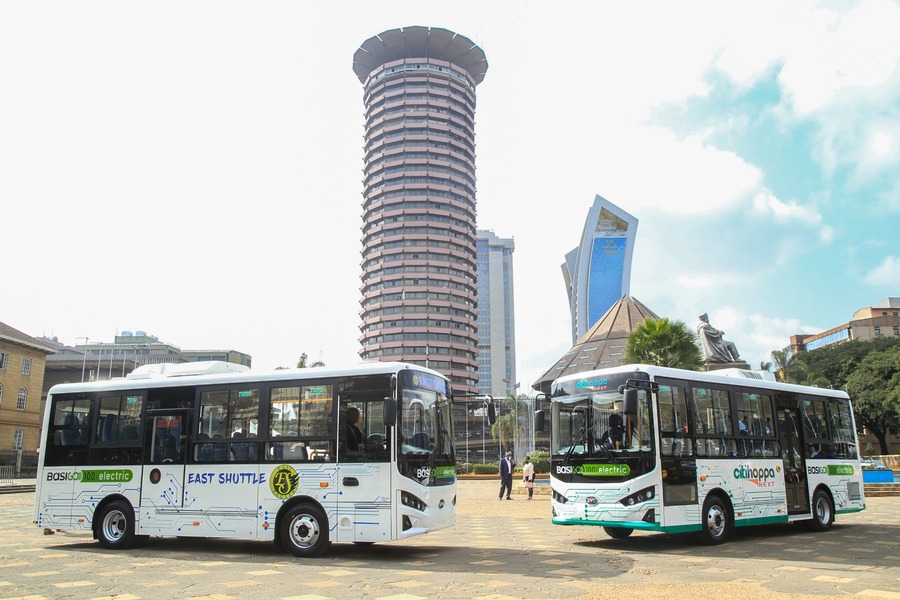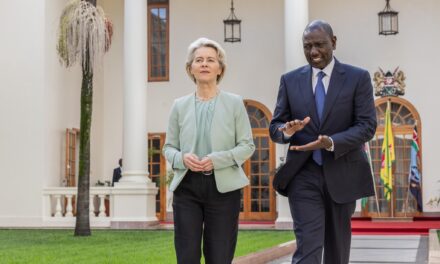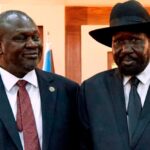
Uganda Sues Kenya Over Botched Oil Deal
Posted by Barrack Oduor | Jan 2, 2024 | HEATING UP TENSIONS


Tensions between Nairobi and Kampala have escalated following Uganda’s decision to take legal action against Kenya over a failed oil deal.
Uganda withdrew from the agreement, citing the involvement of profit-seeking middlemen who allegedly inflated prices, contributing to a fuel crisis.
The Ugandan Attorney General filed a case in the East African Court of Justice, accusing Kenya of actions violating the Treaty for the Establishment of the East African Community and its Protocol.
In its filing, Uganda seeks declarations that Kenya’s actions contravene various articles of the EAC Treaty and Protocol. Specifically, Uganda challenges Kenya’s restriction of the Energy and Petroleum Regulatory Authority (EPRA) from issuing a license to Uganda, deeming it a violation.
Kampala also contests the legality of Kenya preventing any waiver of licensing requirements for Uganda, asserting that EPRA’s requirements for Uganda National Oil Company (UNOC) are irrelevant, irrational, and illegal.
Furthermore, Uganda requests the court to declare that it doesn’t require a license from EPRA to access the Kenya Pipeline Company (KPC) system for transporting petroleum products.
The landlocked country also seeks a declaration that Kenya must provide UNOC with commercial terms for using the Kenya pipeline system no less favorable than those accorded to other partner states or third parties.
Lastly, Uganda calls for a permanent injunction against Kenya imposing unrealistic restrictions on UNOC’s access to the KPC systems.
This legal dispute unfolds as Kenya urges Uganda to continue using the port of Mombasa for fuel imports despite Uganda’s plans to directly purchase petroleum products.
Uganda’s Ministry of Energy and Mineral Development confirms high-level talks held in November, indicating potential shifts to the port of Dar es Salaam for fuel imports.
Uganda, through UNOC, will start direct fuel purchases from Vitol Bahrain, ending the use of Kenyan routes.
Kenya’s refusal to allow UNOC to register locally as an oil marketing company led to the impasse.
The disagreement prompted Uganda to explore options with Tanzania over the use of the port of Dar es Salaam, threatening KPC’s revenues and Kenya’s tax collections.
A shift away from the port of Mombasa would significantly impact KPC’s revenues, with transit volumes accounting for a substantial portion.
KPC warned of substantial losses if Tanzania replaced Kenya in handling imported fuel for Uganda, emphasizing the economic repercussions for both countries.
The dispute adds strain to the already frayed relations between Kenya and Uganda over a fuel supply agreement with Gulf oil majors that Uganda alleges led to inflated pump prices.
Your support empowers us to deliver quality global journalism. Whether big or small, every contribution is valuable to our mission and readers.
